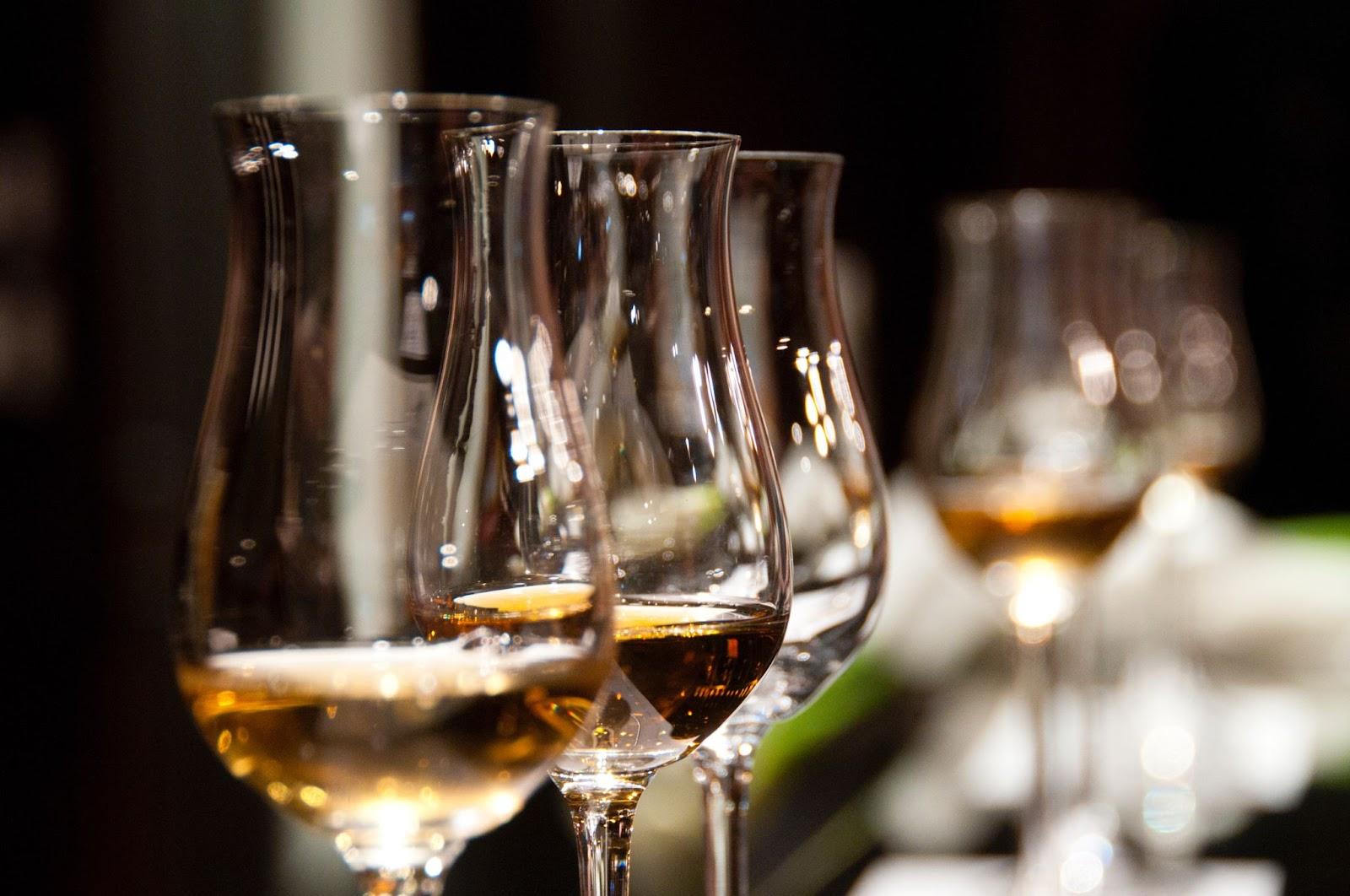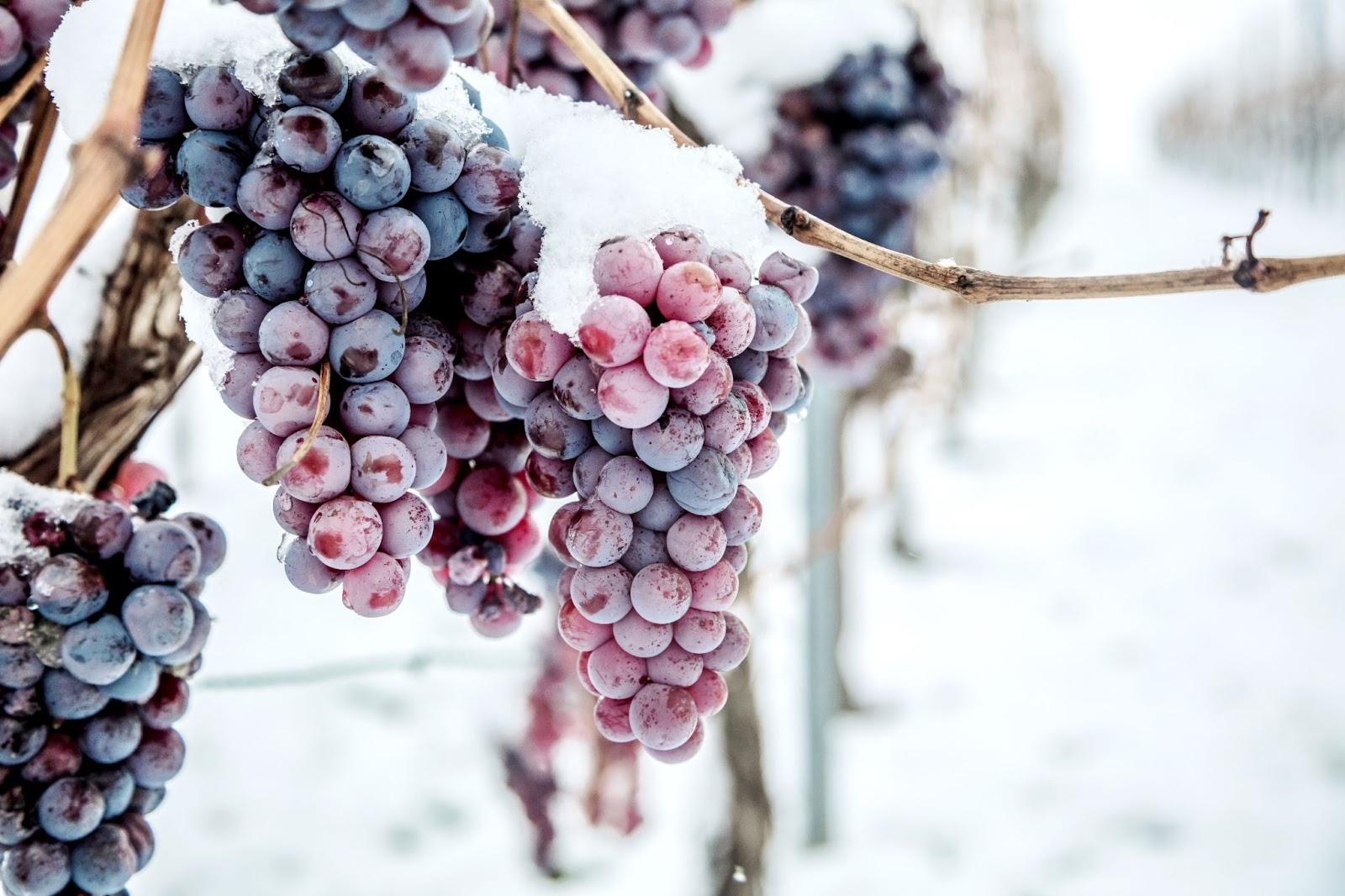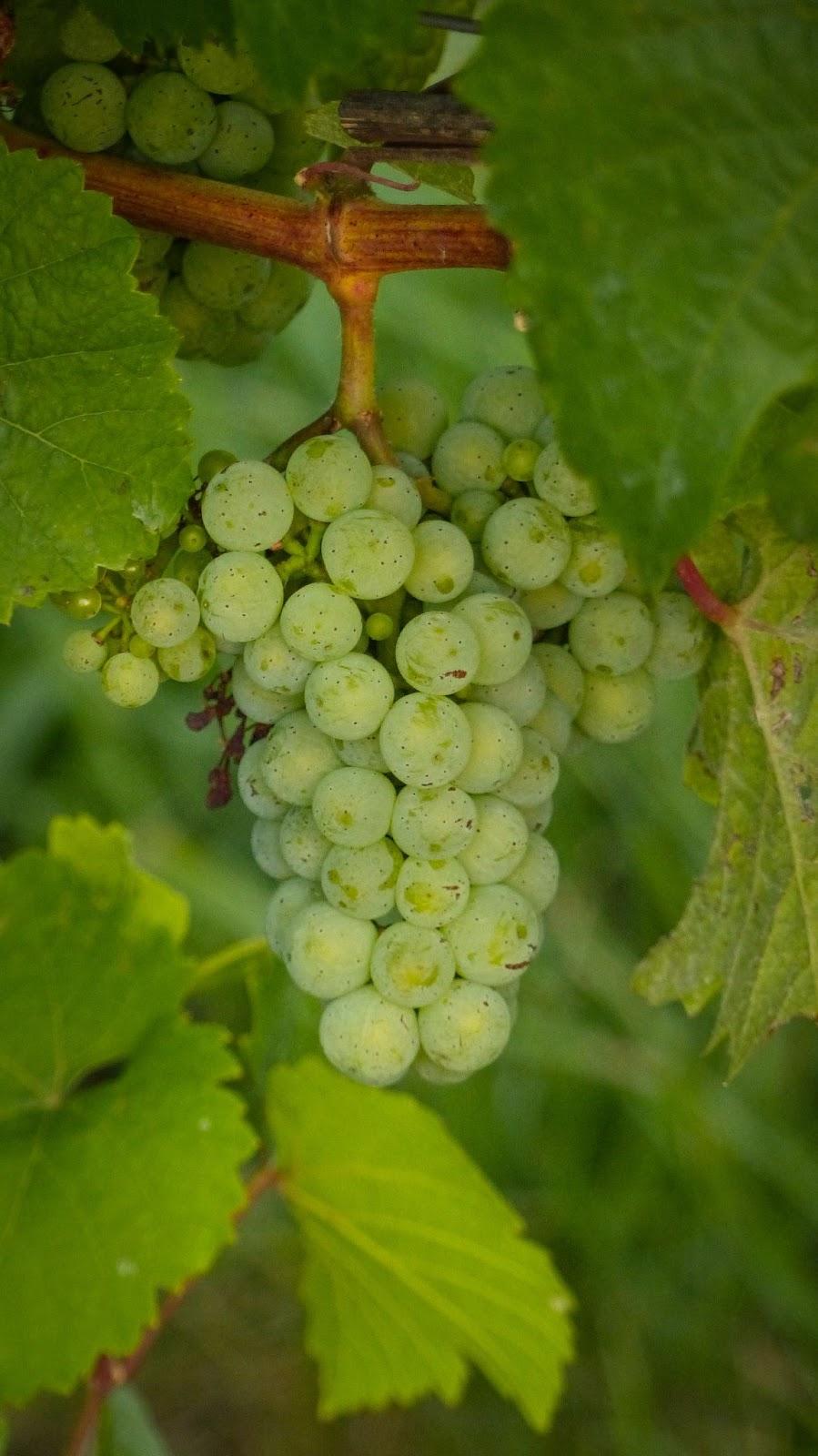- Wine Color/Type
- Top Occasions
- Unique Wines
- Surprise Me!
Dessert Wine Guide: Introduction to Ice Wine
The coolest wine ever - pun intended 😉
As we welcome 2024 with the polar vortex that cools our homes, why not try and warm up from within with some ice wine?
Ice wine, or "Eiswein" as the Germans refer to it, is a sweet wine steeped in lore and legends. Its delicate balance of citric and peach flavors, combined with hints of bruised apple in its light body, evokes dreamlike sensations. But as climate change results in earlier harvests and warmer temperatures, this already rare wine becomes even scarcer.
Some enthusiasts journey to the very wineries where it's produced to secure their bottles, but with VinoVoss, you can explore and find the best ice wines without leaving your couch.
Savour ice wine this winter (Photo by henry fournier on unsplash)
Cool Origins
The conditions to produce ice wine are strict: the grapes must be naturally frozen on the vine. Artificial freezing post-harvest disqualifies it from being termed "ice wine". In Canada, artificial freezing might be applied to entry-level sweet wines, but they cannot be labeled as ice wine.
The primary producers of ice wine are Canada and Germany. In the Niagara Peninsula, Inniskillin stands out, while in Germany, Robert Weil's offerings from the Kiedrich Gräfenberg vineyard in the Rheingau region are among the nation's best. Austria too is a significant ice wine producer, but much of its production is consumed domestically.
[insert:wine:selbach-oster-zeltinger-himmelreich-riesling-eiswein-2016]
In the vintage of 2022 in Rheinhessen, Germany’s prime region for ice wine, only ten producers have registered this noble liquid. These heroes left their grapes on their coldest vineyards and were able to harvest the limited volume successfully.
Freezing Harvest
True to its name, ice wine is crafted from frozen grapes. Regulations include that these grapes must freeze on the vine and be harvested at a temperature no higher than 19.4°F (-7°C). Grapes are harvested usually in December. However it can occasionally extend into January, but such wines are labelled under the preceding vintage.
Typically, they are handpicked at night or in the early morning, often requiring vineyard workers to be awakened from their beauty sleep. However, due to the harsh and time sensitive nature of ice wine harvest, many wineries prefer to use mechanical harvesters.
Would you go out at night and harvest frozen grapes? (karepa/stock.adobe.com)
Challenging Winemaking of Ice Wine
Once harvested, the grapes are transported to the winery. The naturally cool environment of wine cellars prevents them from thawing quickly. Utilizing a horizontal press is vital, as it leaves behind a frozen "cake" - the residual water and grape skins. Other press types might not exert enough pressure, risking thawing inside the tank.
Only the fine, delicate sugar-rich liquid has been extracted. Canadian Wines labeled under “Late Harvest” can be a further press after the ice wine has been collected, resulting in a sweet wine with lower complexity.
The next step is the fermentation of the grape juice. Natural yeast is often preferred, as they will guarantee fermentation will stop and that the final wines will have a high sugar level. However using commercial types of yeast helps prevent spoilage. It's up to the winemaker to decide.
The fermentation process usually stops when alcohol content reaches 6-9%, leaving a residual sugar content of 150-200+ g/L in the wine. Producers usually prefer to use stainless steel tanks for the fermentation and ageing of ice wine, to preserve their delicate fruity character. After brief maturation, the wines are filtered, filled into - usually small - wine bottles, and often sell out within days.
Varietal Highlights
Given the cool climatic requirements, ice wines are produced from late-ripening varieties that can withstand chilly conditions. Riesling is perhaps the most renowned, its high acidity, sugar content, and mineral notes making it ideal. In Austria, the Grüner Veltliner variety is used, but its rarity outside Europe makes it a gem for connoisseurs.
[insert:wine:henry-of-pelham-riesling-icewine-2017]
Canada has a unique approach to ice wine. The hybrid variety, Vidal, is also noteworthy for its fruit-forward profile. Cabernet Franc Rosé wines, albeit less common, present a unique flavor profile, with their light tannins balancing the wine's inherent sweetness.
Riesling is a winter hardy variety with high sugar and acidity, perfect for ice wine. (Photo by Luca J on unsplash)
Ice Wine food pairings
The sweetness in the wines give it a sirup-like texture and a high viscosity, adding to the large quantity of options one may enjoy the wine with.
Riesling Ice Wine
Consider pairing a Riesling Ice Wine with spicy Asian dishes or rich pâtés. The wine's high acidity and intense fruitiness brilliantly cut through the heat of the food, acting as a palate cleanser, while its sweetness complements the rich, savory flavors of liver-based dishes.
[insert:wine:r-loosen-riesling-eiswein-2016]
Vidal Ice Wine
With its lush, tropical fruit character, Vidal Ice Wine makes a beautiful companion to creamy desserts such as crème brûlée or a rich cheese board featuring blue cheeses and aged cheddars. Its vibrant acidity and sweetness counterbalance the richness of the cheese and cream, creating a harmonious blend of flavors.
[insert:wine:inniskillin-vidal-icewine-2021]
Cabernet Franc Ice Wine
Serving a Cabernet Franc Ice Wine with red fruit desserts like raspberry tart or chocolate-dipped strawberries makes a perfect pairing. The wine's velvety raspberry notes and light tannins synchronize wonderfully with the fruity and chocolatey nuances of these desserts, crafting a luxurious and memorable end to any meal.
[insert:wine:peller-estates-cabernet-franc-icewine-2013]
At the end of the day, Ice Wine is a dessert in itself, one that can be enjoyed with friends. These unique wines offer great aging potential, improving over time. If you love fruity sensations, they are ready to be enjoyed while young.
You can find your perfect Ice Wine through our search on VinoVoss and add it to the next blind tasting you attend. We are confident that every wine enthusiast and lover will enjoy it.
Cheers from the VinoVoss team!
Peter Douglas
Latest articles



